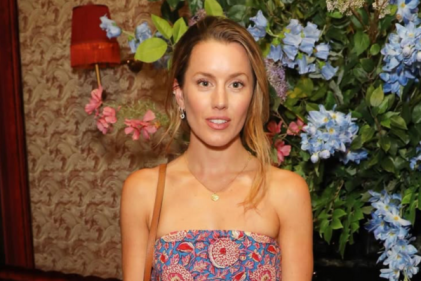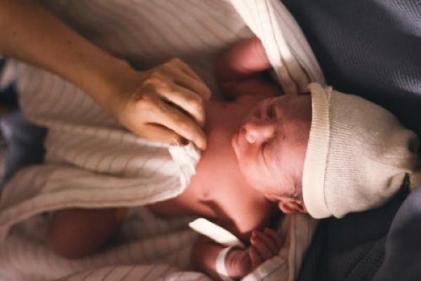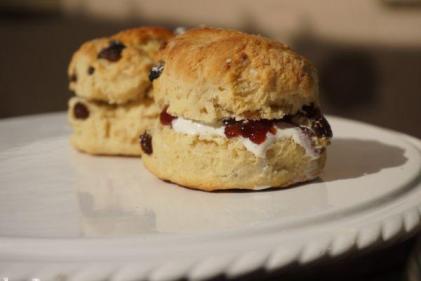The UK has one of the lowest rates of breastfeeding in the world. Only one in 200, or 0.5 percent, of women in the UK choose to breastfeed their children until they are one year old, according to a study published in the Lancet last year.
In some parts of the UK, only 12 percent of six to eight-week-old babies are breastfed.
A major study partially funded by Public Health England sought to reverse this trend, the Evening Standard reports.
The 10,000-plus new mums included in the study were offered shopping vouchers of up to £120 if babies received breast milk at two days, 10 days, and six weeks old. The mums were offered another £80 voucher if they continued breastfeeding up to six months.
The trial was open to new mothers in South Yorkshire, Derbyshire and north Nottinghamshire. While less than half of mums in the area signed up for the trial and breastfeeding rates rose by six percent in those regions, the University of Sheffield has deemed the findings 'significant'.
Researchers may be pleased with these results, but some have criticised the study for using monetary incentives, saying that poor mums may choose to falsely report they were breastfeeding in order to obtain the vouchers.
Lead researcher Clare Relton, of the University of Sheffield's School of Health and Related Research (ScHARR), said, "Our scheme offered vouchers to mothers as a way of acknowledging the value of breastfeeding to babies and mothers and the work involved in breastfeeding.
"As the scheme was tested in areas with low breastfeeding rates (just 28 per cent of babies were receiving any breast milk at six to eight weeks), we were delighted that 46 per cent of all eligible mothers signed up to the scheme and over 40 per cent claimed at least one voucher.
"The trial found a significant increase in breastfeeding rates in areas where the scheme was offered."
The researchers wanted to improve breastfeeding numbers because of the health benefits associated with breastfeeding.
According to estimates, the NHS would save at least £17 million each year in hospital admissions and GP visits if more women were encouraged to breastfeed for longer. Before this study started, it was announced that any regional scheme that improved breastfeeding rates and was deemed 'socially acceptable' would be launched on a national level.
Critics remain sceptical of this particular study's format, though.
"The trial design could not avoid the possibility that an economically deprived mother would be tempted to report she was breastfeeding (when she was not) in order to receive a £200 reward," Andrew Whitelaw, Emeritus Professor of Neonatal Medicine at the University of Bristol, said to the Telegraph.
He concluded, “This trial is worth publishing because it highlights the difficulties in researching this problem but is not a justification for a general policy of economically rewarding mothers who reporting breastfeeding in areas with low breastfeeding rates."
What do you think, mums? Is this scheme helpful, or is financially rewarding mums for breastfeeding a problematic method?











